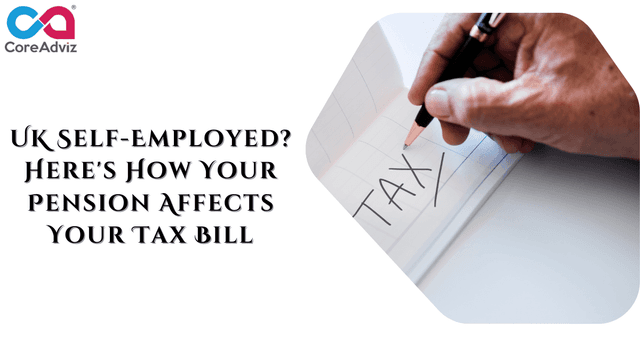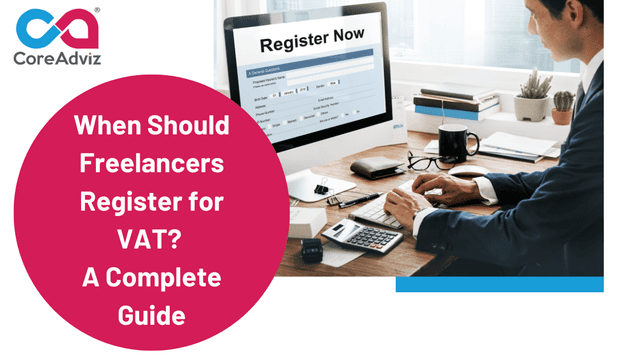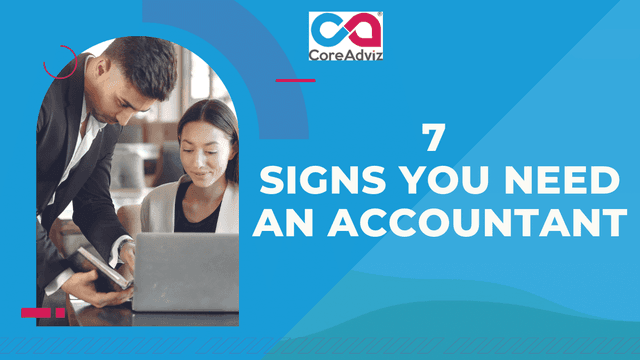
HomeBlog How to Save on Taxes Legally: A Guide for UK Freelancers and Contractors
How to Save on Taxes Legally: A Guide for UK Freelancers and Contractors
Kausik MukherjeeTax Saving
Being a freelancer or contractor it may be very difficult to navigate the UK tax system. However systematic planning and the right strategy can maximize savings while fully compliant with HMRC. Here’s a comprehensive guide to help you save on taxes legally and efficiently.
Know Your Tax Obligations
Being a freelancer or contractor you should know your tax obligations. Your tax obligations depend on your earnings. Know your earnings first and decide how much tax you need to pay. Besides paying tax you may have to register for VAT if your annual turnover exceeds £90,000. Therefore register for VAT if it’s applicable. Understanding all these obligations is essential for managing tax efficiently and saving more on it.
Self-Assessment Tax Return
If you are new to the freelancing or contracting job then you should ensure that you have registered as a self-employed for self-assessment tax return. Self-assessment tax returns benefit freelancers and contractors both. They can claim deductions and different allowable expenses related to their work. Self-assessment tax return ensures compliance with tax laws and helps freelancers avoid penalties for underpayment, late filing, or failure to report taxable income.
Claim Allowable Business Expenses
Deducting legitimate business expenses can reduce your taxable income. A few allowable expenses are home office costs, travel and subsistence, and professional fees. Keep detailed records of these expenses so that you can claim them while filing your tax return.
Use Flat Rate VAT Scheme
Freelancers with limited expenses can opt for the Flat Rate VAT scheme. Under this scheme, you need to pay a fixed percentage of your gross turnover (including VAT) to HMRC rather than calculating and paying VAT for every transaction. FRS works best for freelancers and contractors with low VAT chargeable expenses and predictable turnover.
Maximize Your Allowance
Personal allowance is one of the most valuable tools for freelancers and contractors in the UK to reduce their taxable income, thereby saving on taxes. For the 2024/25 tax year, the standard Personal Allowance is £12,570. The first £12,570 of your income is tax-free. It means you need not to pay tax on this amount.
Pension Contribution
Pension contribution is one of the effective ways for freelancers and contractors to save taxes. When a freelancer or contractor contributes to a pension scheme his contribution qualifies for tax relief.
For example:- If you contribute £8,000 to your pension, the government tops it up by £2,000 (basic-rate relief). Higher earners can claim even more.
Pension contributions grow tax-free. It allows freelancers to maximize investment growth and reduce the tax burden on saving. By contributing to the pension scheme both the freelancer and contractor can secure their financial future and optimize their tax efficiency.
Tax-Free Savings and Investments
Tax-free savings and investments are a powerful tool for freelancers and contractors to save money and minimize the tax burden. A few such tax-free savings schemes are Enterprise Investment Schemes (EIS), Seed Enterprise Investment Schemes (SEIS), Venture Capital Trusts (VCTs) etc.
Stay Updated on Tax Changes
As we all know tax rules change frequently therefore reviewing HMRC guidelines or keep contact with a tax advisor ensures you’re always compliant and optimizing your tax position. This will help you avoid unnecessary penalties. Moreover, a tax advisor can suggest many more ways to save tax.
Conclusion
Tax planning is an essential part of running a successful freelance or contracting business in the UK. Take control of your finances, stay compliant with the tax rules and reduce your tax burden.


